ADHD affects about 7% of adults in the United States alone. If left untreated, ADHD can cause serious dysfunction in your daily life and may even lead to other mental health issues such as depression, anxiety, substance abuse, relationship issues, and more. Fortunately, there are options for treatment including medication, counseling, lifestyle changes, and cognitive behavioral therapy to name a few. All of these treatment approaches can work well for most people, though some are better suited to certain people than others. We’re here to help you discover other effective options for treatment.
Options for ADHD Treatment in Dallas
When you think about treatment for attention deficit hyperactivity disorder (ADHD), do you instantly jump to Ritalin, Adderall, or Vyvanse?
Many people equate ADHD treatment with prescription medicine, as it usually is the first treatment choice by most medical professionals. While medication for ADHD can improve attention and concentration, it usually does very little to help with symptoms like disorganization, poor planning, forgetfulness, and being easily distracted.
In fact, while medication for ADHD often improves attention and concentration, it typically does very little else. For example, many people who take ADHD medications report that it rarely helps with symptoms like procrastination and impulsivity, the very things that make life difficult for those with ADHD.
While medication for ADHD can be helpful, it’s far better to use it in combination with other treatments. Counseling paired with prescription medication can help individuals learn how to cope with everyday stressors, improve self-control, gain organizational skills, and develop good study habits.
You’ll get much more out of your medication for ADHD if you combine it with other options for ADHD treatment in Dallas that address emotional concerns and teach you new ways to manage daily challenges. One new and exciting innovative therapy that you should consider is called neurofeedback.
Neurofeedback Therapy
Neurofeedback therapy is a unique process that uses biofeedback technology to help individuals learn how to regulate their brains. In a typical session, patients wear a cap that measures their brainwaves in real-time while being stimulated by sound or visual components. Through repeated exposure and positive reinforcement, patients can begin to form new cognitive efficiencies that reduce ADHD symptoms.
Another major benefit of neurofeedback is that there aren’t any serious adverse effects, which isn’t always the case with prescription medications. Neurofeedback also helps to complement other treatments by helping to improve brain function.
Neurofeedback For ADHD Treatment in Dallas
Neurofeedback is based on the assumption that the brain emits different kinds of waves, depending on what you’re doing. For example, during meditation, the brain produces slow alpha brainwaves; during sleep, it produces delta brainwaves; and during high-attention tasks such as reading, it produces beta brainwaves. In most ADHD patients, the root problem of their symptoms seems to lie in producing enough beta waves.
When we give our brains positive reinforcement by providing them with external stimuli, they learn to self-regulate themselves. Through neurofeedback, you’re teaching the brain to perform tasks in a new way that once felt difficult.
Are You Ready to Start ADHD Treatment in Dallas Today?
If you are interested in learning more about neurofeedback and how it works as a treatment for ADHD, you’ve come to the right place. At Braincode Centers, we practice neurofeedback therapy on a daily basis and leverage it to treat a wide array of conditions from depression and concussions to anxiety disorders and ADHD.
Contact Braincode Centers today!




